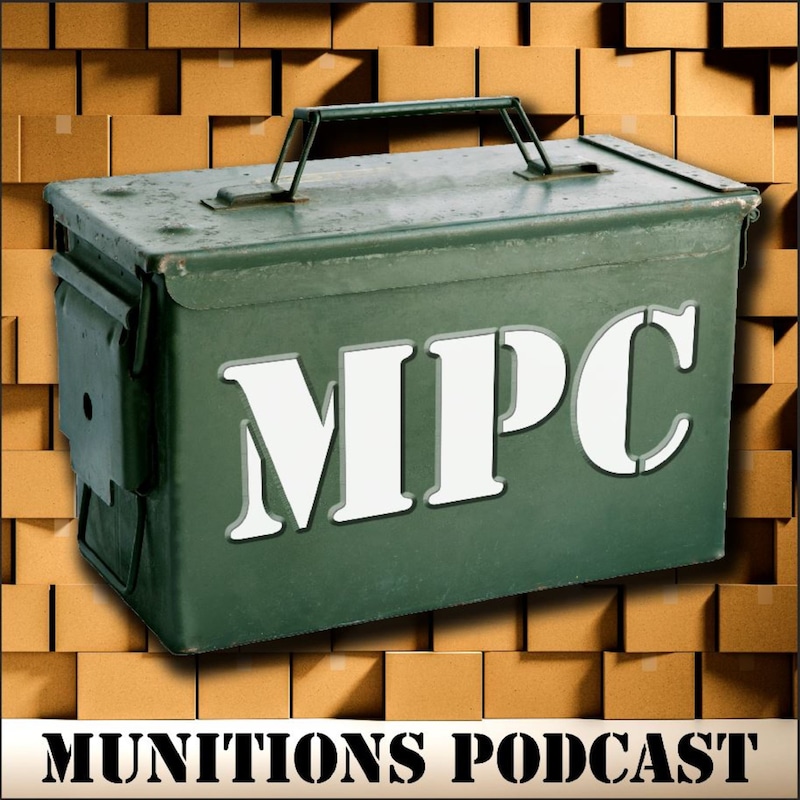Shownotes
Co-host of OnTarget and co-owner of L.E.P.D. Firearms, Range & Training Facility, Eric brings his 20 years of sales experience to the business.
Eric grew up in central Ohio and graduated from Ohio State with a degree in Microbiology. Having come from a close family, Eric immediately went through the police academy after graduation to follow in the footsteps of his father. (Phil) For the past 20 years, he simultaneously pursued a career in pharmaceutical sales & law enforcement and was lucky enough to get married & start a family here in Columbus.
Co-host Derek DeBrosse is a licensed Ohio attorney with a firearms legal practice emphasizing in Gun Rights Restoration. Derek began his law practice immediately after law school in 2008 when he graduated from Regent University School of Law; Derek also holds a B.A. from The Ohio State University. Mr. DeBrosse’s practice not only focuses on rights restoration but also a variety of other firearm-related matters from NFA issues to FFL representation. Derek has represented individual, corporate, and grass-roots organizational firearm clients in both Federal and State court.
Co-host Stephen E. Palmer is a trusted Columbus criminal defense attorney of nearly 30 years. He has developed a distinctive approach to criminal defense work by making a sincere effort to know each of his clients on a personal level. Steve recognizes that no two cases are the same, and neither are his clients’ needs. He believes that criminal defense isn’t just about representing a client in court; it’s about helping clients craft solutions to their problems. Steve reaches solutions through careful contemplation of all facets of a client’s problems—not just the black-and-white legal issues.
Email us your questions at info@munitionsgroup.com.
Be sure to subscribe to the Munitions Law Group - Cheshire DeBrosse, P.C. YouTube Channel
Recorded at Channel 511, a production of 511 South High Media LLC.
https://creativecommons.org/licenses/by-nd/4.0/
Copyright 2025 Steve Palmer and Derek DeBrosse


